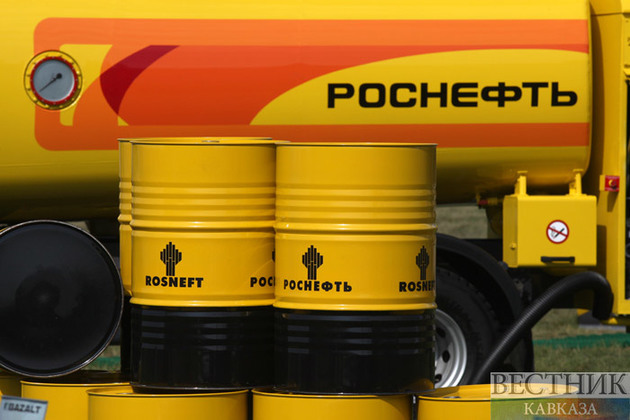The Biden administration’s effort to roll out a price cap on Russian oil has hit delays, as the Treasury Department tries to ease industry concerns about the novel sanctions regime at the center of the West’s economic battle with Russia, according to The Wall Street Journal.
The U.S. and its allies are preparing to bar businesses in their countries from shipping, financing and insuring Russian oil on Dec. 5 unless the oil is sold below a set price - and had hoped to finalize the plan at least a month ahead of time to prepare oil markets.
That timeline is now slipping. Officials aren’t planning to set the level of the cap until after the U.S. midterm elections on Nov. 8, according to people familiar with the plans. The absence of the final details about how the cap will work has left the oil industry wondering whether Russian oil in transit on Dec. 5 will face new sanctions requirements when it arrives at its buyer.
The slower timeline comes as Biden administration officials are bracing for the possibility that announcement of the price cap would prompt Russia to threaten to cut off oil production and cause oil market volatility. Those developments could weigh on Democrats’ standing if they occurred before an election that has hinged in part on oil prices.
The process for receiving industry feedback on the plan, as well as negotiations on price both within the Biden administration and with the other allied countries, has also taken longer than expected, according to administration officials. G-7 countries set to enforce the cap are still working out their own plans for the sanctions.
A push to set the level for the price cap by mid-October slowed after the Organization of the Petroleum Exporting Countries and its Russia-led allies announced a production cut on Oct. 5, according to people familiar with the matter. Biden administration officials, who scrambled to devise a range of potential responses to the OPEC+ move, wanted to evaluate the price impact of the production cut before selecting a price for the cap, the people said.






